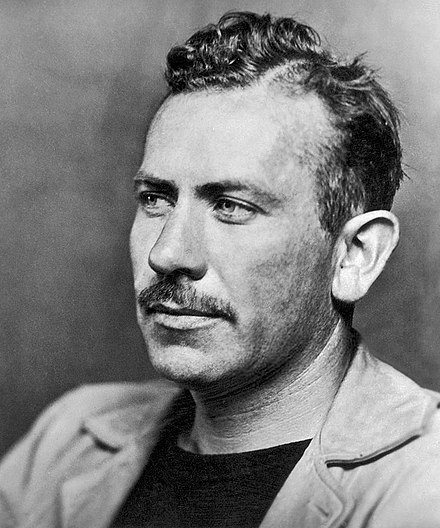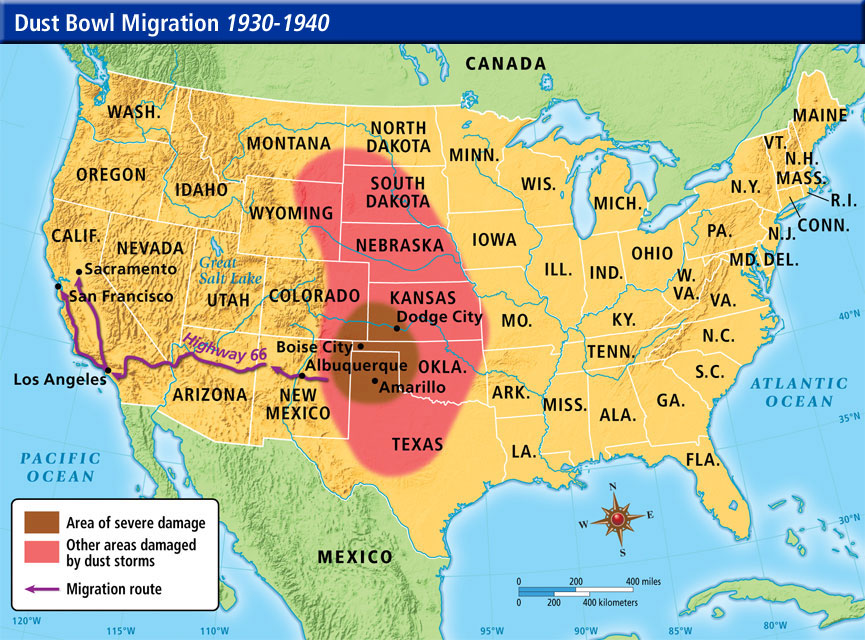in collaboration with Edward Lee Huynh-Wan
Historical Context: The Great Depression (1929-1939)
- Severe global economic downturn
- Evident after fall in stock prices in US leading to economic depression
- High unemployment rates
- Business failures
- Worldwide GDP fell by 15%
- Countries began to recover in mid-1930s
- Crop prices fell by 60%
- Farmers and crop growers suffered
- Areas affected by primary sectors suffered the most
- Less demand, few job opportunities
- International trade fell by 50%
- Unemployment in US rose to 23%
- Cities relying on heavy industry were affected heavily
- Hoovervilles were shanty towns built during the Great Depression by the homeless in the US
- Named after Herbert Hoover (President of the United States during Depression) and were widely blamed for it.
The American Dream
- Ethos of US
- Every person has the freedom and opportunity to succeed and attain a better life
- Coined by James Truslow Adams during Great Depression in 1931
- “That dream of a land in which life should be better and richer and fuller for everyone, with opportunity for each according to ability or achievement. […] It is not a dream of motor cars and high wages merely, but a dream of social order in which each man and each woman shall be able to attain to the fullest stature of which they are innately capable, and be recognised by others for what they are, regardless of the fortuitous circumstances of birth or position”
- Different meanings over time
- Originally emphasis was on democracy, liberty and equality
- Recently has been on achieving material wealth and upward mobility.
- Originates from the Declaration of Independence, which states that “all men are created equal”, and have an inalienable right to “life, liberty, and the pursuit of happiness”.
- The Preamble to the Constitution states similarly that the Constitution’s purpose is to, in part, “secure the Blessings of Liberty to ourselves and our Posterity”
Steinbeck Religious Context
- Was affiliated to St. Paul’s Episcopal Church and stayed attached throughout his life to Episcopalianism
- Highly conscious of religion and incorporated it into his style and themes.
- Shaping of his characters often drew on the Bible and the theology of Anglicanism, combining elements of Roman Catholicism and Protestantism
- Distanced himself from religious views when he left Salinas for Stanford.
- However, the his work still reflected the language of his childhood at Salinas, and his beliefs remained a powerful influence within his fiction and non-fiction work
John Steinbeck: Relevant authorial context and life experiences, inspiration and purpose for writing the novel etc.
- American author (1902-1968)
- 1962 Nobel Prize in Literature
- Wrote ‘Dustbowl fiction’
- Realist literature set in the ‘Dust bowl’ period, i.e. 1930s dust storms in North America.
- Grew up in Salinas, California, which informed his future writing (Of mice and men)
- Researched on the plight of agricultural workers in making The Grapes of Wrath
- New Deal democrat
- Financial reforms which lifted the United States out of the Great Depression
The dustbowl: States involved and causes. Social, political and economic impacts
- A period of severe dust storms affecting the United States and Canada
- Caused great damage to agriculture in both countries

- Destitute families in the most affected areas (Oklahoma) migrated en masse to California, which was perceived as economically fruitful and saved from the depression
- ‘Okies’ referring to people who migrated from Oklahoma to California, and were often very poor
- Immense economic repercussions, with American households losing an estimated $550 million a day (adjusted for current value)
- Government’s response to the dust bowl was a significant part of Franklin Roosevelt’s New Deal
Tenant farmers, migration to California, migrant/itinerant workers
- Almost 300 thousand people, mainly from Oklahoma migrated to California
- Primarily used ‘Highway 66’
- Found little prospects in California, which had been saturated by countless others looking for work
Literary awards, praise and criticism past and present. Include relevant quotes.
- 1962 Nobel Prize in Literature
- “for his realistic and imaginative writings, combining as they do sympathetic humour and keen social perception.”
- Slightly controversial, NYT said Steinbeck was an author whose “limited talent is, in his best books, watered down by tenth-rate philosophising”
The Great American Novel
- “Shadow history of American society”
- Mirrors all major movements of American literature from the American Renaissance to the present
- “Fossil record of America’s shifting norms in relation to race, gender, sexuality, domesticity, democracy, citizenship, immigration, labor, capitalism, and war”
- Each Great American Novel is a new variation in an evolving genre and a new thesis statement of American grandiosity or guilt
- John William Deforest (1868) is the first person to use the phrase
- “The picture of the ordinary emotions and manners of American existence”
- To read: The Dream of the Great American Novel
Features
so an english-man, a frenchman, a spaniard, and a german walk into a bar. the bar has a performing comedian, who’s really good, so there’s a huge crowd. so the 4 men go and get their drinks, and join the crowd at the back. but they can’t really see, so the comedian notices. he gets up on a chair, and yells out, “can the people at the back see me” the 4 men reply “yes” “oui” “si” “ja”
Research Essay Prep Activity
Topic sentences
- Steinbeck’s lamentations regarding the loss of the traditional agrarian lifestyle is evident through his interrogation of agribusiness’ dystopian-like focus on expansionist conquest ideology
- Steinbeck parallels the individualism which deracinated the community lifestyle of native Indians to that which displaces tenant framers in the 1930s, interrogating the frontier myth as supporting an economical and cultural aggression which asserts corporate rights over those of purportedly “backward communities”
- Steinbeck interrogates the frontier myth’s founding value of “the savage against the civilised,” claiming that it entices a harsh vision between impoverished Oklahoman farmers and affluent individuals ain his current context of 1930s America
Quotes
- “Okie used’ta mean you was from Oklahoma. Now it means you’re a dirty son-of-a-bitch.”
- “The whole United States ain’t that big. It ain’t that big. It ain’t big enough. There ain’t room enough for you an’ me, for your kind an’ my kind.”
- “She’s a nice country. But she was stole a long time ago.”
- “Them goddamn Okies got no sense and no feeling. They ain’t human…They ain’t a hell of a lot better than gorillas.”
- “But this tractor does two things - it turns the land and turns us off the land. There is little difference between this tractor and a tank.”
- “Carbon is not a man, nor salt nor water nor calcium. He is all these, but he is more, much more; and the land is so much more than its analysis.”
- “Grandpa killed Indians… Maybe we can kill banks - they’re worse than Indians… Maybe we got to fight to keep our land”
Collaboration
- Steinbeck provides a scathing commentary of the loss of farmers’ lifestyle due to the industrial nature of the early 20th century America
- Steinbeck highlights the capitalistic ideologies to represent American agriculture as exploitative and as a monopoly. The Great Depression caused businesses to exploit workers/farmers to minimise their losses during the global recession.
Research essay thingy
- No throwaway generalisations
- At least one quote from a secondary source
- Context stuff
- research essay :((((
- i’m bad at those